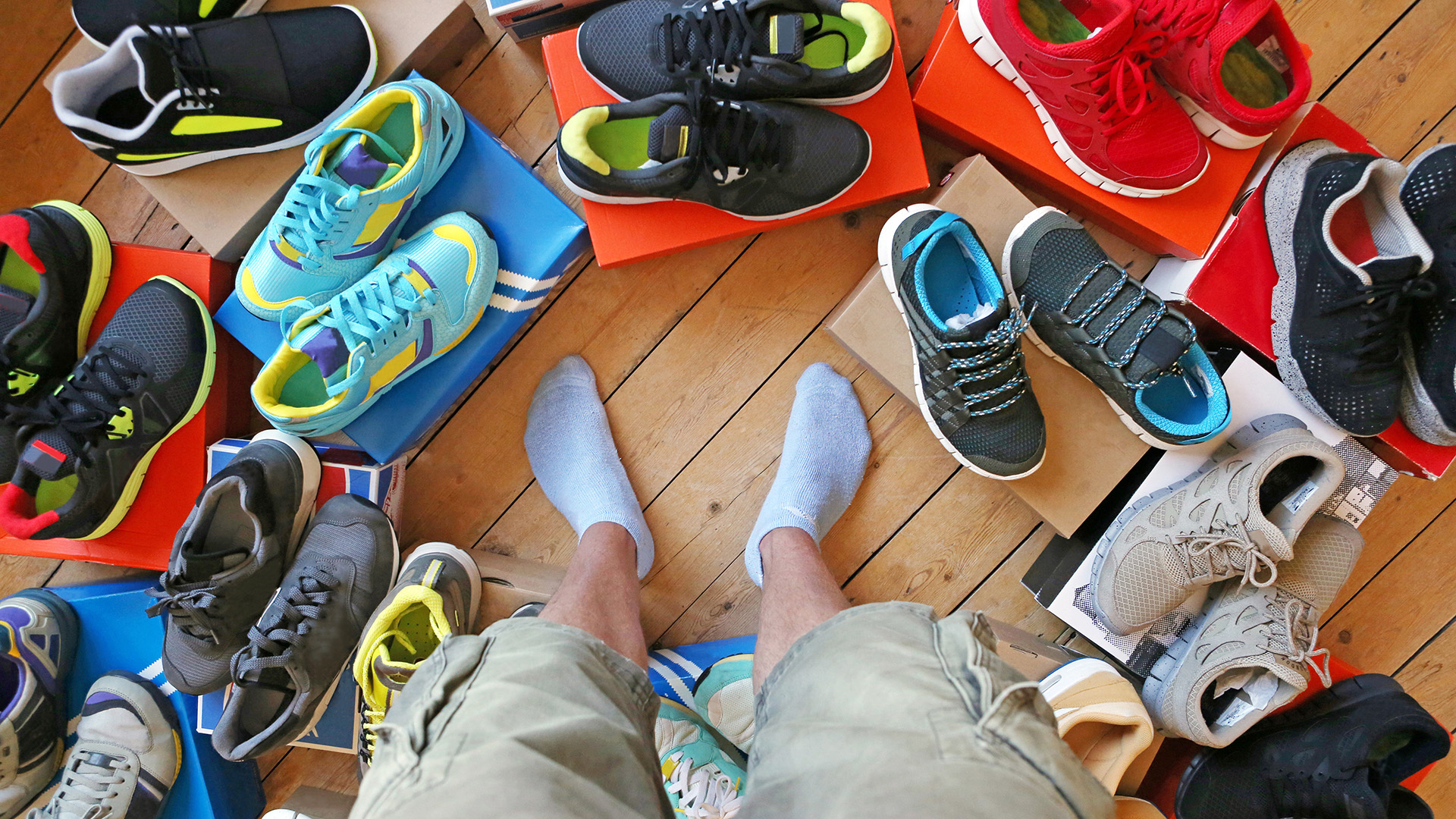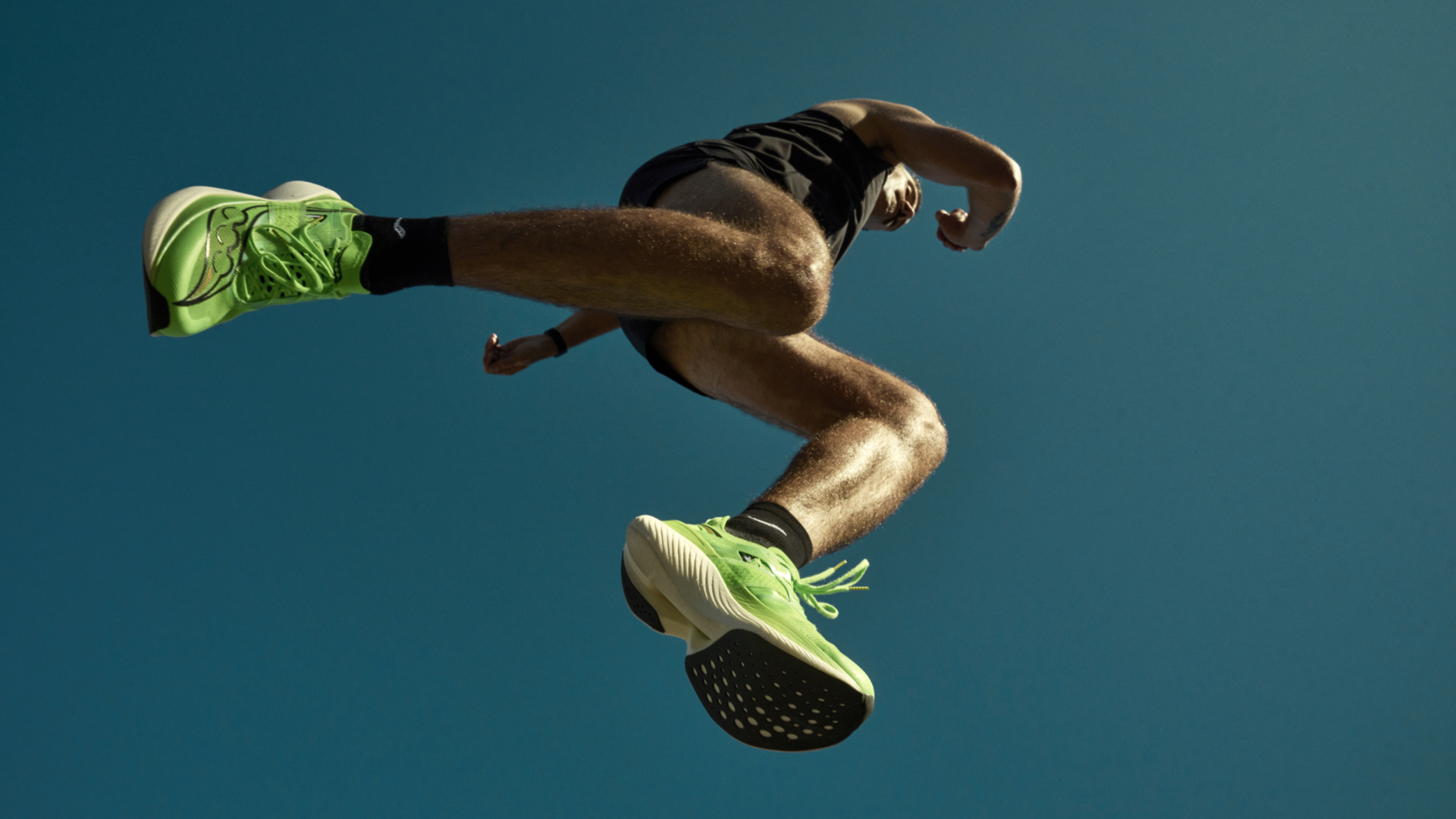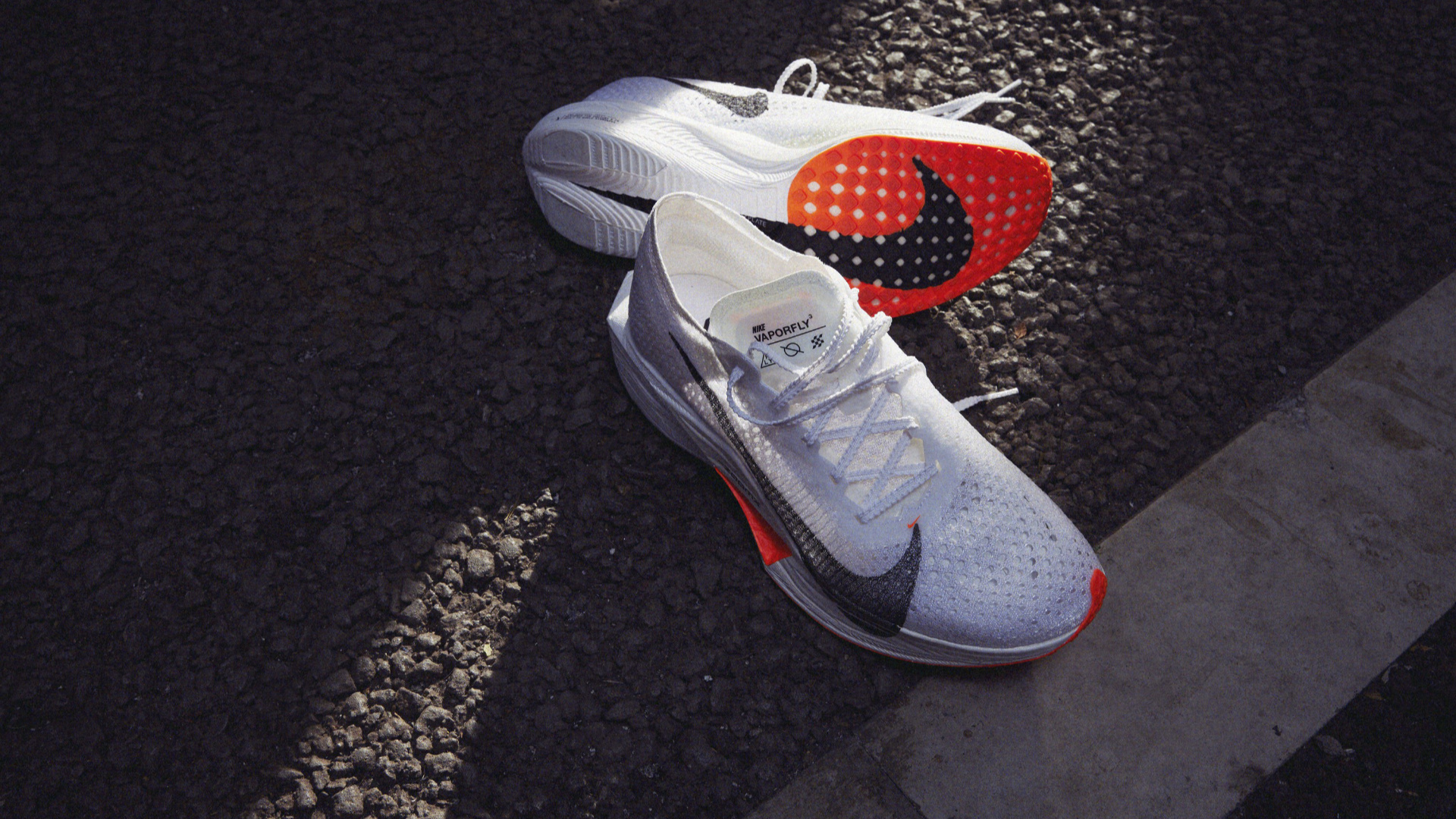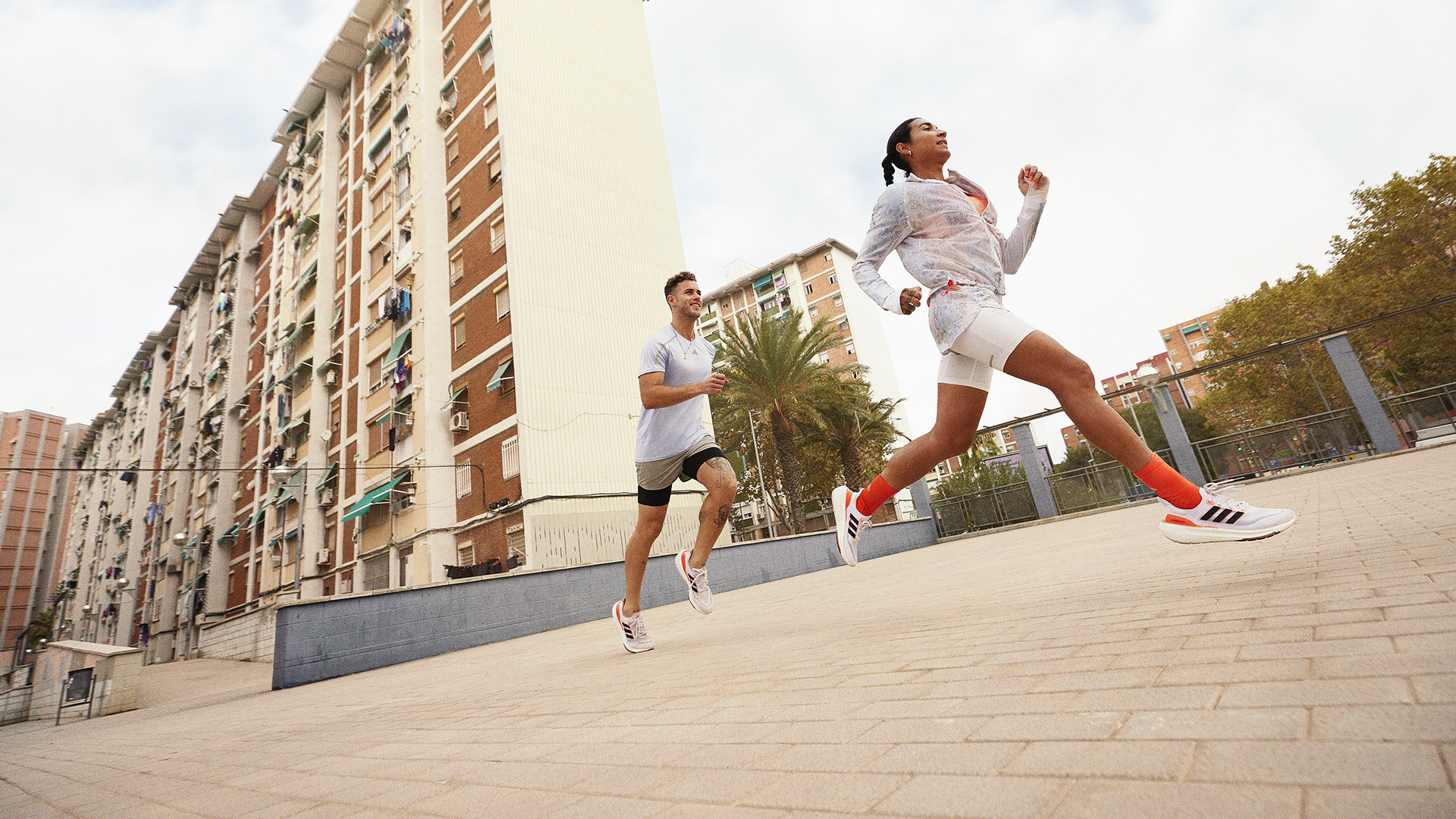Are expensive running shoes worth it?
As 'super shoes' get more and more expensive, one wonders if they are still worth the price


The best running shoes sure aren't getting cheaper. In fact, they are getting increasingly costlier as time goes by. Some not-limited edition 'super shoes' – high-stack racing shoes designed for long-distance running – are almost as expensive as running watches and workout headphones. Looking at these prices, you wonder: are expensive running shoes worth it?
Saucony's latest super shoe, the excellent Endorphin Elite, made waves recently, not just because of its good energy return and unique design. At launch, the Saucony Endorphin Elite cost as much as the Nike Alphafly 2, the most expensive running shoes in recent times. The Elite hasn't just got a hefty price tag compared to other running trainers but also in general. $275/£280 is a lot of money to spend on some racing-only shoes.

Running shoe prices: new heights
In our review of the Sauconys, we mentioned it was a ballsy move from the brand to launch a shoe at that price point. We're sure the brand spent a lot of resources developing the shoes, and so did Adidas, Nike, Brooks, New Balance, On Running and all the other big-ticket brands creating their own super shoes. Still, not many people have the kind of money to splash out buying running footwear for this much.
Is a higher price equal to better performance? If you thought you were the only person thinking about this, you're wrong. Researchers are equally as excited about the notion that footwear can improve running performance as everybody else. One research looked at marathon performance data from a systematic sample of elite and sub-elite athletes from 2015 to 2019 to "estimate the effect on marathon times of wearing the [Nike] Vaporfly shoes."
They found that Vaporflys "improve men's times between 2.0 and 3.9 minutes, and women's times between 0.8 and 3.5 minutes." They added that "assuming that the effect of Vaporfly shoes is multiplicative, we estimate that they improve men's times between 1.4 and 2.8 per cent and women's performances between 0.6 and 2.2 per cent."

This might not sound much, but the implications of this fact are, in fact, huge. This means that all variables are accounted for, and just by putting on a pair of shoes, you can improve running performance to a statistically significant degree. No wonder people think some shoes count as 'mechanical doping' – there is an argument they actually do.
Of course, saying that expensive shoes will improve running performance is a blanket statement we won't make. People run differently, and putting on any ol' trainers might not have the same effect on your PB as they do with your buddy using the same shoes. External circumstances also matter.
Get all the latest news, reviews, deals and buying guides on gorgeous tech, home and active products from the T3 experts
For example, a running shoe store owner once told us that someone came into his shop for advice on the shoes they were planning on using for an upcoming trail race. The person in question wanted to use the Nike Vaporly NEXT% for an off-road race – that's not only silly but also dangerous due to the soft foam and lack of grip on those shoes.

Go the extra mile
That said, if you are at least a little bit experienced in running and go the extra mile to consult an expert (maybe in your local running store), getting an expensive running shoe can help improve your time. You don't necessarily need the most cutting-edge pair; the best shoes of yesteryear often produce similar results to the latest models but for a much lower price.
Coming back to the original question, are expensive running shoes worth it? In the proper context, they sure are. For those looking to improve their PBs and are happy to spend money on running footwear in order to shave off some time, expensive running shoes could mean the difference. However, just because shoes are expensive, that doesn't mean they are good.
There is no correlation between price and performance. If that were the case, the most expensive trainers would be the best; that isn't true. Companies often use price as a marketing tool, and super shoes usually cost more because they are placed right at the top of the metaphorical food chain of brands' offerings.
Our best advice is first to figure out what kind of running shoes provide the most benefits for you by talking to local running experts/doing a gait analysis, then look around for the best shoes in that category. You'll often find that the most suitable shoes aren't necessarily the most expensive. Occasionally, though, they might be. But, at least you know they are worth it for you.

Matt Kollat is a journalist and content creator for T3.com and T3 Magazine, where he works as Active Editor. His areas of expertise include wearables, drones, action cameras, fitness equipment, nutrition and outdoor gear. He joined T3 in 2019.
His work has also appeared on TechRadar and Fit&Well, and he has collaborated with creators such as Garage Gym Reviews. Matt has served as a judge for multiple industry awards, including the ESSNAwards. When he isn’t running, cycling or testing new kit, he’s usually roaming the countryside with a camera or experimenting with new audio and video gear.